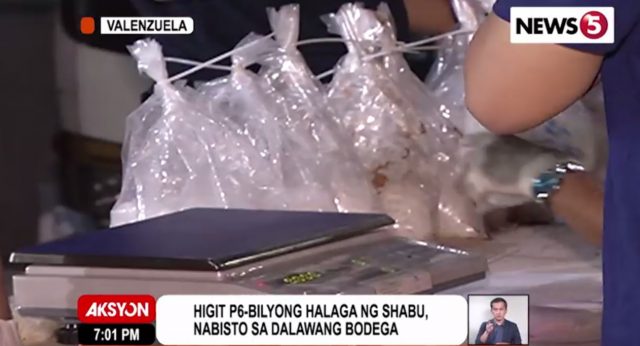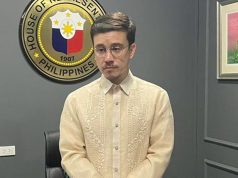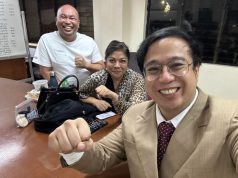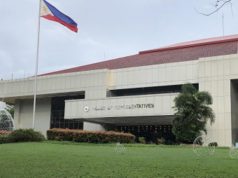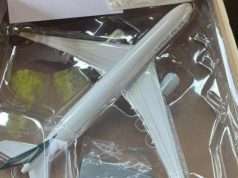MANILA, Philippines — Pronouncing the Bureau of Customs “already drenched in a culture of corruption,” the House of Representatives’ committee on ways and means has recommended the abolition of the agency.
In its place, the committee suggested the creation of two new bureaus with separate functions:
- the Bureau of Customs Services, which will assess and collect duties and taxes
- the Bureau of Security Control, which will protect and secure the national borders
The panel also proposed granting President Rodrigo Duterte emergency powers “to immediately take over the operations of the bureau in order to ensure public safety and security,” adding that these powers “may include privatization of certain department or functions within the present bureau.”
“It is clear that the concentration of powers into a single agency inevitably breeds a culture of corruption,” the committee report said. “A bureau that is already drenched in a culture of corruption is difficult, if not impossible, to reform.”
But acknowledging that replacing the BOC would not be easy, the committee recommended a two-year transition process to establish a fully operational system.
This is the second recommendation from a House panel to dissolve the BOC. Last month, the committee on dangerous drugs, which conducted a separate inquiry into the shabu smuggling, also made the sam re recommendation.
The ways and means committee investigated the smuggling of P6.4 billion in crystal meth, or “shabu,” under the nose of the BOC in May.
The committee recommended the hiring of “highly qualified, competent and experienced personnel who are of proven integrity” and a study aimed at developing a competitive compensation and remuneration system, which might include such features as exemption from the Salary Standardization Law.
In its report, the ways and means committee, chaired by Quirino Representative Dakila Cua, noted “an endemic and ingrained system of corruption within the bureau.”
“It already became a culture for bureau personnel to collect grease money or ‘tara’ from customs players every Friday afternoon. In return, these players are able to facilitate the swift release of their clients’ shipments, pay lower duties and taxes, and avoid harassment and alert orders from the bureau,” it said.
“In order to systemize the entire tara system, benchmarking was resorted to by both corrupt bureau personnel and customs players. Presently, imported shipments are benchmarked at P40,000 per container regardless of the value of the imported goods,” it added.
The report said the matter was aggravated when then Customs commissioner Nicanor Faeldon hired “incompetent, willful and neglectful personnel not qualified for the job.”
“Majority of the deputy commissioners appointed were not organic from the bureau, and had little or no experience in customs practice,” it said.
As a result of the corruption, incompetence of bureau personnel and manipulation of the bureau’s system, the government lost P43.8 billion in revenues, the report said.
The proposed two new bureaus will have the following functions:
Bureau of Customs Service
- gather and publish values of commodities imported into the country, monitor implementation of rules and regulations governing assessment, end processing of goods for exports, warehousing and support operations
- maintain an accounting of revenues collected
- provide information and analysis of collection statistics and audits liquidated entries and bonds
- delegate and identify activities that should be privatized to enable better assessment and collection of duties and taxes, as well as better management of customs control system
- modernization and full utilization of information and communication technology applications to lessen face-to-face contacts between bureau personnel and foreign trade
- operators, lessen discretionary decision-making, and promote uniform and speedy processing
- develop professionalism in customs personnel for a smoother clearance process, and achieve operational efficiency
- adopt a system capable of self-assessment, selective checking, risk assessment and management, and post release audits
Bureau of Security Control
- exercise police authority at all ports, taking charge of customs border control, port security and communication, as well as inspection and monitoring of cargoes
- gather intelligence information related to customs and economic activities, conduct internal inquiry and investigation
READ THE REPORT OF THE COMMITTEE ON WAYS AND MEANS:

